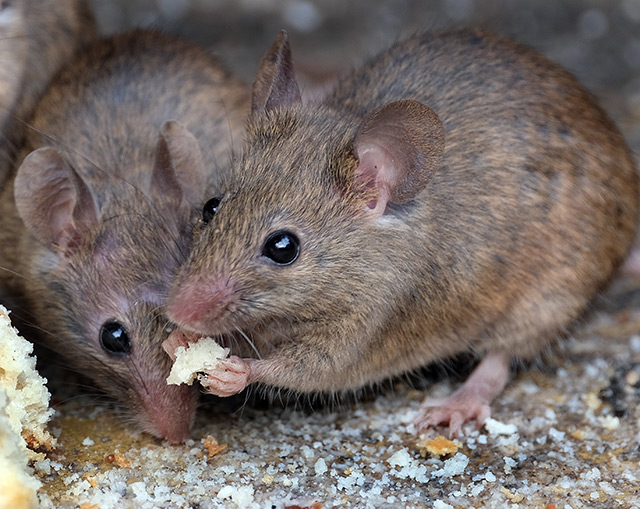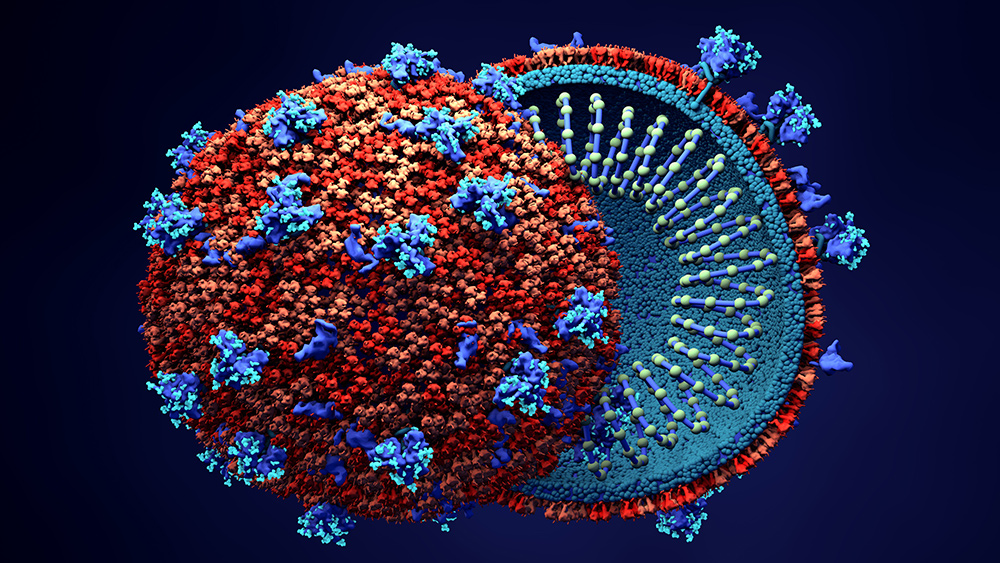Are you hungry? Study shows working on an empty stomach affects your decision-making skills
08/24/2020 / By Zoey Sky

You’ve probably had people warn you against buying groceries on an empty stomach to avoid being tempted by junk food. According to a study published in the journal Psychonomic Bulletin & Review, making major decisions on an empty stomach can make you more impatient and more inclined to settle for smaller rewards.
Hunger and compromised decision-making skills
Dr. Benjamin Vincent, the study’s lead author from the University of Dundee in the U.K., explained that being hungry can affect your decision-making skills.
For the study, volunteers answered questions about food, money and other rewards when they were satiated and again when they were hungry. Vincent and his team found that hungry volunteers were more likely to settle for smaller food incentives that could be given to them immediately.
The scientists also discovered that being hungry changes a person’s preferences for rewards that are unrelated to food. This suggests that being impatient and unwilling to delay instant gratification can affect other kinds of decisions, such as those related to finances and interpersonal relationships.
Vincent stressed the importance of teaching people exactly how hunger can affect their preferences in ways they don’t expect. For example, those experiencing hunger because they have low incomes might make hasty decisions that can make their current situation worse. And because a hungry person’s preferences shift dramatically from the long to short term, he or she is more likely to choose immediate gratification when hungry instead of reviewing more responsible choices that require planning in advance. (Related: Do you know why you order what you do when you’re in a restaurant? Study shows that background music influences your meal choices.)
Impatience and impulsiveness
The study supports a larger effort in psychology and behavioral economics to map the factors that influence decision-making. According to Vincent, their findings can help empower consumers and prevent poorly-made decisions that can affect life-changing, long-term goals.
Fifty volunteers participated in the study and were offered three different rewards twice — once when satiated and again when hungry. The researchers reported that when the participants were full, they were more willing to wait for 35 days for double the reward. In contrast, the volunteers could only wait for three days when they were hungry.
The Dundee study works in a way similar to the famous “marshmallow test.” In the 1970s, Walter Mischel, a psychologist at Stanford University, developed the marshmallow test where researchers would place a marshmallow or another treat in front of a child.
The child is then told he would receive a second treat, but only if he could hold off eating the marshmallow for 15 minutes. If the child couldn’t wait, he’d receive only the one treat. The goal of the marshmallow test is to chart the development of a young mind and to see how kids use their cognitive tools to conquer a tough willpower challenge.
The Dundee researchers posited that hunger makes people more impulsive, even if the decisions they are asked to make won’t help relieve their hunger. They conducted the study to find out if being hungry would influence a person’s decision-making skills and if hunger had broader effects.
The researchers found that decision-making becomes more present-focused if a person is hungry. While they expected hunger to affect a person’s preferences relating to food, further study can help experts understand why volunteers became more present-focused even when food was not offered as a reward.
The researchers concluded that understanding how the mind works can help people learn the uncommon ways that hunger affects their preferences, especially when making major life choices.
Sources include:
Tagged Under: brain function, decision making, decision-making skills, discoveries, empty stomach, hunger, impatience, influence, mind body science, Psychology, research, skipping meals
RECENT NEWS & ARTICLES
BrainFunction.News is a fact-based public education website published by Brain Function News Features, LLC.
All content copyright © 2018 by Brain Function News Features, LLC.
Contact Us with Tips or Corrections
All trademarks, registered trademarks and servicemarks mentioned on this site are the property of their respective owners.




















